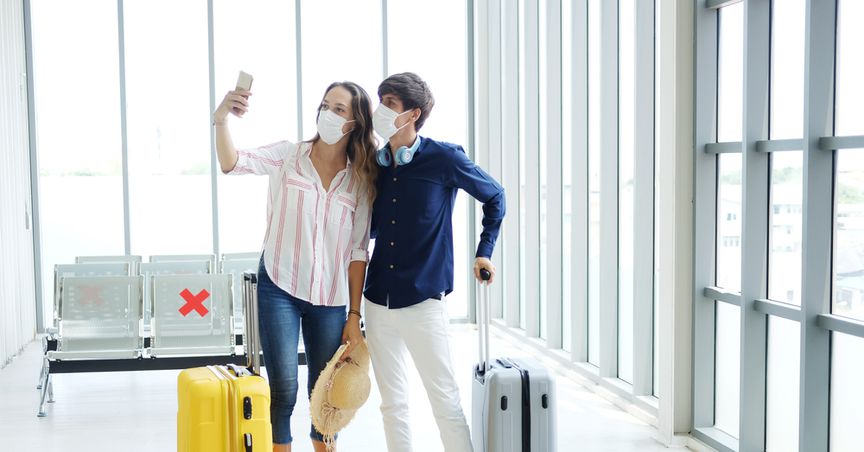Highlights
- COVID-19 has stirred up fresh concerns across Europe and Singapore.
- According to experts, a fresh surge in COVID-19 cases in Singapore may be due to the weakening effect of the coronavirus vaccines.
- Dale Fisher, an advisor to the WHO and the Singaporean Government, last week said, Australia may be nearing the end of its COVID-19 'honeymoon'.
COVID-19 is rearing its ugly head again. The latest resurgence of COVID-19 in Europe, which sees the continent fighting a fresh wave of infections, has sparked a few questions for Australia too. Will Australia go the same way as Europe? Will a fourth wave see Australia scrambling for cover, just as Denmark, Austria and Germany are currently being forced to? Well, the concerns are justified, but there are no clear answers.
Going by what Australian infectious disease specialist Dale Fisher, who is an advisor to the World Health Organisation (WHO) and the Singaporean Government, said last week, Australia may be nearing the end of its COVID-19 'honeymoon'.
Singapore cases a warning for Australia?
Drawing parallels with Singapore, Fisher said Australia too is likely to face challenges to avoid an inevitable fresh wave when its weather cools down in March.
In an interview to ABC, Fisher said: ‘I think you will get a bit of a (summer) honeymoon because people open the doors, windows, go outside for picnics. That's much safer. My concern, in Australia, would be more about March to April as you're going back into winter.”
According to experts, a fresh surge in COVID-19 cases in Singapore may be due to the weakening effect of the coronavirus vaccines, which were rolled out earlier than Australia. It was seen that the coronavirus cases in Singapore hit record highs soon after the restrictions were eased in August this year.
Now, the city-state is preparing for booster shots, as is Australia.
Europe in a tailspin
COVID-19 has emerged as a reason for fresh worries across Europe as the continent grapples with fresh bout of infections. Last week, the WHO branded Europe as the current hot spot of the pandemic, the only region where COVID-19 deaths were on the rise.
A country with highly sophisticated health system, Denmark, which recently said that COVID-19 doesn’t pose “a critical threat to society” is also currently battling a surge in infections. Meanwhile, Germany recorded more than 65,000 daily cases until last week. Officials in Britain have released warnings of “stumbling into a winter crisis”.
What will happen in Australia?
Well, Australia has observed a seasonal advantage ever since COVID-19 first erupted in 2020. Australia then had summers and parts of Europe were under a winter spell. While Australia remained largely unaffected, Europe faced the challenges due to the pandemic.
Australia has been fortunate in this regard, being able to learn from Europe’s experiences as it steps into the next season. The latest learning for Australia is that vaccination alone is not sufficient. On top of that, it is hard to single out COVID-19-infected patients in winters, when almost all have cold and flu.
The Bottom Line
It is an uphill task to particularly find out who are infected with COVID-19 during winters. So, it could be a challenge for Australia when the winter comes knocking. However, the country may also reap benefits from the rollout of booster doses. Still, only time will tell what the next few months have in store for Australians.
RELATED ARTICLE: 10 most popular cryptocurrencies in the market
RELATED ARTICLE: How supply chain meltdown can affect your Christmas feast
RELATED ARTICLE: Worried about market fall? Here’s how to protect your portfolio



